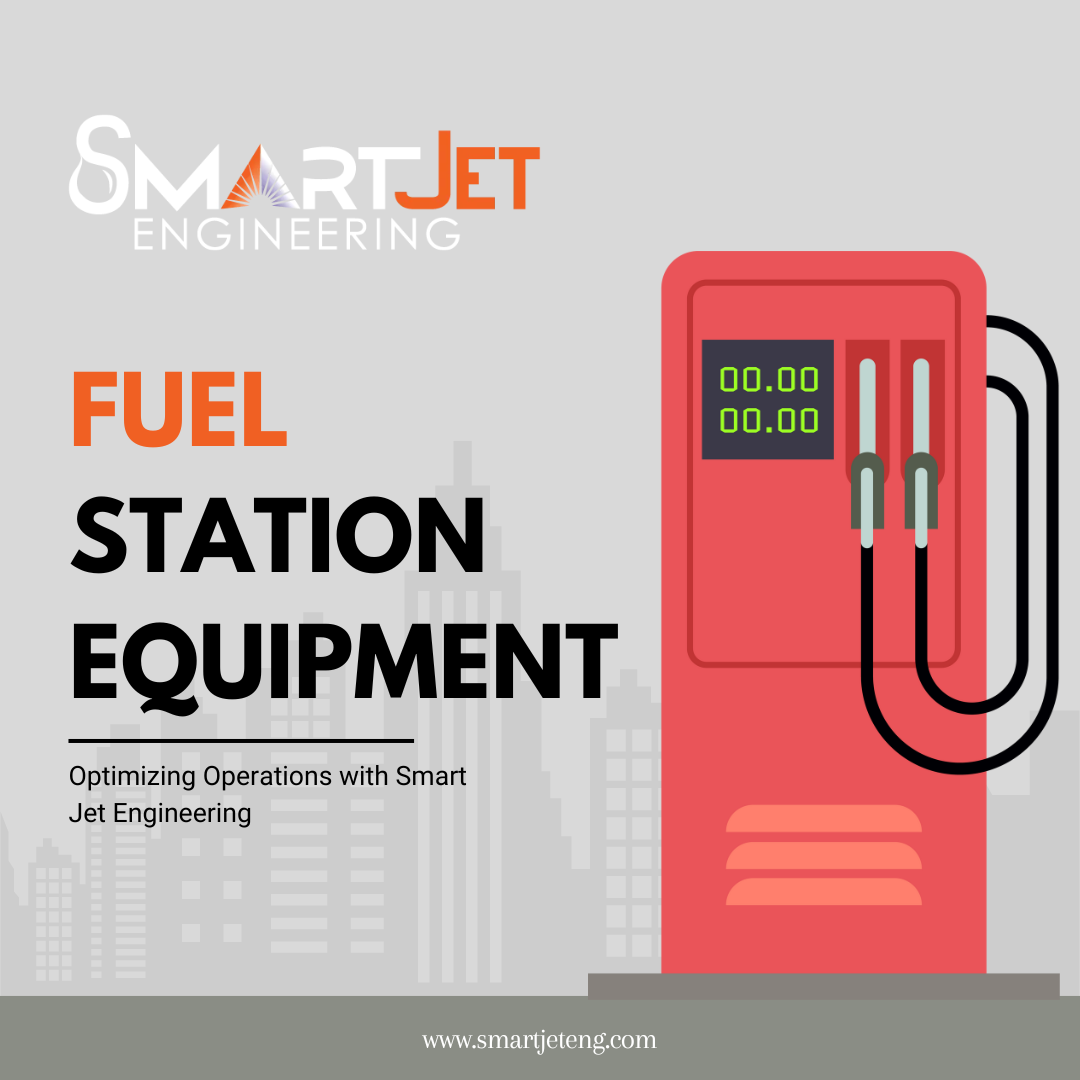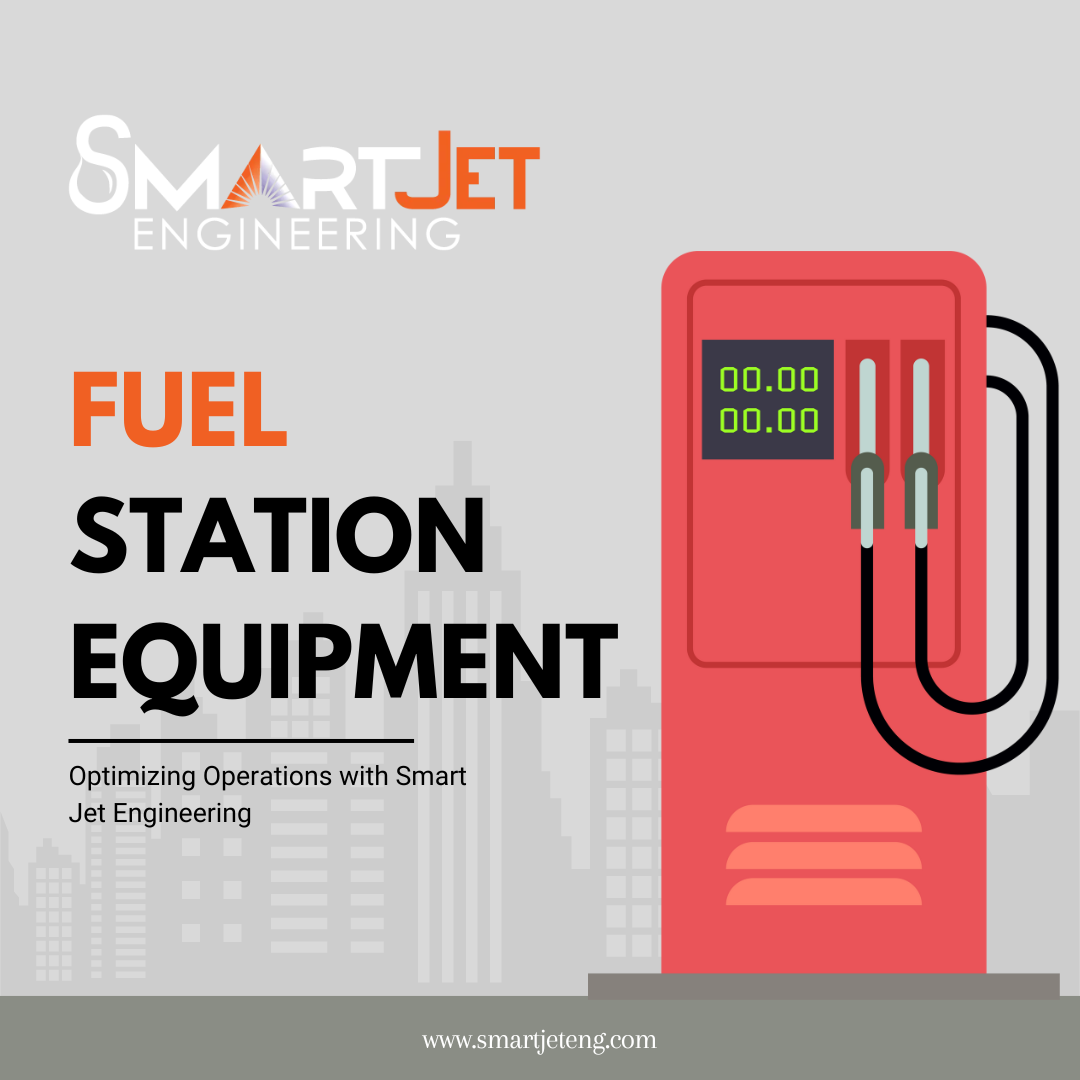Top 5 Mistakes to Avoid During Testing and Commissioning
By - Admin

Top 5 Mistakes to Avoid During Testing and Commissioning: Expert Tips
Testing and commissioning are critical phases in any project, especially in industries like construction, manufacturing, and engineering. These processes ensure that systems and equipment work as intended before they go live. While it might seem straightforward, many teams encounter errors that can lead to costly delays and operational issues. Whether you’re managing a large infrastructure project or a small system installation, avoiding these mistakes can save time, money, and unnecessary stress.
Here are the top five mistakes to avoid during testing and commissioning, along with some expert tips to ensure everything runs smoothly.
1. Skipping Detailed Planning
One of the most common mistakes is diving into testing and commissioning without proper planning. The temptation to get things done quickly can lead to skipping critical steps, but this is where things can go wrong. Testing and commissioning are not one-size-fits-all processes. Each project has its own unique requirements, and without a clear plan, you risk missing essential aspects that could cause problems later on.
Expert Tip: Before you start testing, take time to create a detailed plan. This plan should include clear objectives, a step-by-step procedure, and designated roles and responsibilities. Don’t forget to account for potential risks and have contingency plans in place. By laying out everything in advance, you’ll avoid the chaos that often comes with unorganized testing phases.
2. Failing to Engage the Right Personnel
Testing and commissioning are team efforts, and having the right people on board is crucial. A common mistake is relying too heavily on just the project manager or a single engineer, leaving out key specialists who understand the system or equipment better. This can result in errors going unnoticed, or worse, systems not performing optimally post-commissioning.
Expert Tip: Ensure you have a well-rounded team that includes technicians, system engineers, safety officers, and operators. Each person should be fully aware of their responsibilities during the testing and commissioning phases. Clear communication among the team will help ensure nothing is overlooked and that any issues that arise can be addressed swiftly.
3. Neglecting Proper Documentation
Good documentation is often underestimated during testing and commissioning. It's not enough to rely on verbal communication or quick notes. Lack of proper documentation can lead to misunderstandings, mistakes, and inability to trace what went wrong if issues arise later. Without proper records, you also lose valuable information that could help in future maintenance or troubleshooting.
Expert Tip: Document everything. From test results to system configurations and equipment settings, every detail should be recorded in a clear, structured format. This will not only provide a reference for the current project but also serve as a crucial resource for future updates or repairs. Use checklists, testing reports, and logbooks to maintain an accurate history of the process.
4. Rushing Through the Testing Phase
In many projects, there is immense pressure to complete the testing and commissioning process quickly. Deadlines can loom large, but rushing through these critical steps can lead to missed defects, safety hazards, or malfunctioning systems. Rushing is a short-term gain with potential long-term consequences.
Expert Tip: Take your time during the testing phase. Make sure to run each test thoroughly, and never skip steps in the process. If you encounter problems, don’t move on until they are fully resolved. Testing should simulate real-world conditions as closely as possible, which means you need to be patient and ensure everything is functioning correctly before proceeding to the next step.
5. Overlooking Safety Protocols
Safety is paramount during testing and commissioning, but it’s often overlooked in the rush to get systems up and running. Failing to follow proper safety protocols can result in accidents, damage to equipment, or even human harm. In many cases, safety shortcuts may seem like time-savers, but they can quickly turn into costly mistakes.
Expert Tip: Ensure that all safety protocols are strictly followed during testing and commissioning. Conduct safety drills, check equipment for proper function, and ensure that all personnel are wearing the required protective gear. You should also make sure that safety officers are present during the process to oversee compliance. Safety should never be compromised, no matter how tight the project schedule is.
Bonus Tip: Prioritize Communication and Feedback
Though not necessarily a mistake, lack of proper communication and feedback can lead to gaps in understanding and progress. When all stakeholders, from contractors to operators, are not on the same page, the process can become inefficient, and small issues might spiral into bigger problems.
Expert Tip: Hold regular meetings with the team to discuss progress, challenges, and next steps. Create an open environment where team members feel comfortable sharing observations or concerns. This will foster a more efficient and collaborative atmosphere, reducing the risk of overlooked issues.
Conclusion
Testing and commissioning are essential processes that ensure systems are functioning as intended before they go live. By avoiding common mistakes like skipping planning, neglecting proper documentation, rushing the process, and overlooking safety protocols, you set your project up for success. In addition, engaging the right personnel and maintaining open communication throughout the process will ensure a smoother and more efficient commissioning phase.
Remember, the time you invest in proper testing and commissioning will pay off by avoiding operational issues and costly delays later. So, be patient, follow the right procedures, and don’t cut corners.
For expert support in ensuring seamless testing and commissioning, Smart Jet Engineering can provide the professional guidance and services you need to avoid these common pitfalls and achieve optimal results.
FAQs
Q1. What is the main purpose of testing and commissioning?
Testing and commissioning ensure that all systems and equipment are functioning properly before they are fully operational. It helps verify that installations meet the design specifications and perform safely and efficiently.
Q2. Why is proper documentation crucial during commissioning?
Proper documentation is essential because it records the steps taken, test results, and system configurations. This information is critical for troubleshooting, future maintenance, and ensuring compliance with project specifications.
Q3. Can testing and commissioning be done simultaneously?
While testing and commissioning are related, they usually happen in sequence. Testing checks the system’s functionality, while commissioning ensures the system is ready for full operation. However, elements of commissioning can start during the testing phase.
Q4. What are the risks of rushing through the testing process?
Rushing through testing can lead to missed defects, safety hazards, and systems that don't perform optimally. This could cause operational problems, safety risks, and higher costs down the line.
Q5. How can I ensure my testing and commissioning team is effective?
Ensure that your team consists of individuals with the right expertise, such as engineers, technicians, and safety officers. Clear communication, designated roles, and well-documented procedures will ensure the team works effectively throughout the process.














































